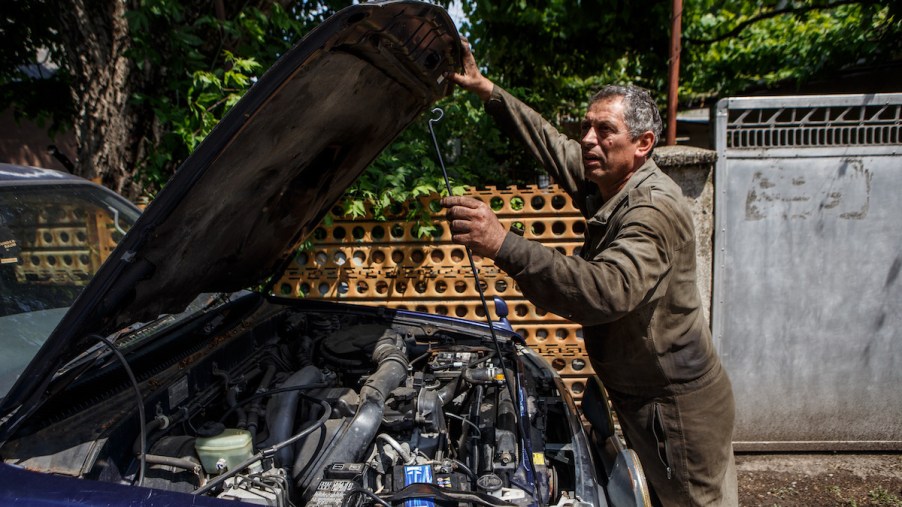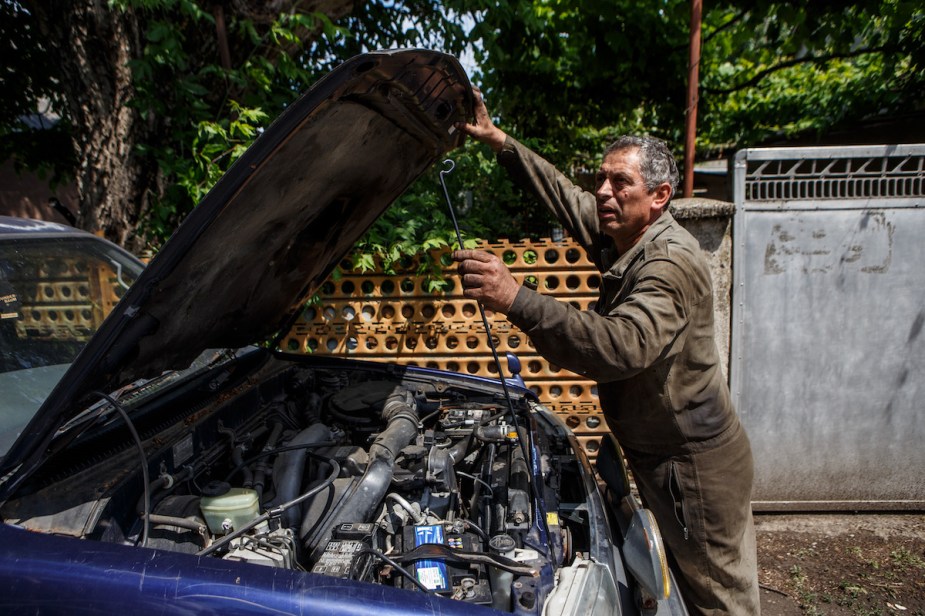
What Is Massachusetts’ Right to Repair Law?
As technology advances, the products people use daily, such as cars, are getting more complicated in design and function. However, consumers cannot attempt to repair these products in many cases when they are broken, a task that was much easier to accomplish just a generation ago.
Consumers are beginning to fight back. Whether it is an expensive smartphone or a vehicle, consumers want the right to be able to repair these products on their own. Massachusetts is one state that has begun the process of giving consumers this right.
What is the Massachusetts Right to Repair law?

The Massachusetts Right to Repair law was passed in 2012. It protects consumer’s right to repair the products they buy, including the latest vehicle models. Specifically, the law gives individual consumers and independent garage owners the right to repair and maintain modern vehicles, many of which now have complicated computer systems. The law required vehicle manufacturers to share specific diagnostic and repair information that was once only available for authorized dealerships.
Although the law was passed in 2012, manufacturers had until 2022 to comply with it. Now the time has come to comply, many manufacturers are pushing back on the law, making a case that their diagnostic and repair information stays proprietary. It also states that since the open-access platform where manufacturers were supposed to provide information still does not exist, it is not currently possible for any manufacturer to comply with the law.
The law has been met with backlash from car manufacturers
According to Automotive News, the state’s attorney general is now fighting a lawsuit from the Alliance for Automotive Innovation to make updates to the law that satisfy both parties. The revised law would force car manufacturers to provide diagnostic and repair information on an open-access data platform, starting with 2022 models sold within the state.
The Alliance for Automotive Innovation includes several major car companies, which argues that the law poses safety risks, cybersecurity risks, conflicts with existing law, and does not provide enough time for manufacturers to comply. The group continues to advocate for its data and repair information to stay private, only being provided to authorized dealerships and repair shops.
Manufacturers such as Subaru and Kia have had to make changes due to the law
According to The National Law Review, even though the law is still being fought in Massachusetts state court, it has already had an impact on the way that some manufacturers are providing vehicles sold in the state.For example, Subaru and Kia have disabled the Starlink and Kia Connect telematics systems for vehicles sold within Massachusetts, ensuring that these vehicles will not violate the law.
According to CarScoops, Kia put out a statement about the decision saying, “the new law requires 2022 and later vehicles using a telematics system to be equipped with an interoperable, standardized and open access platform, but such a platform does not currently exist on the market, thus making it impossible.”
However, it can be argued that disabling these systems deprives its customers of functions that provide safety and convenience while using the vehicle. While the lawsuit is still ongoing, consumers are still left with the inability to access information so they can repair their vehicles how they want and when they want without the manufacturer’s blessing.
In a worst-case scenario, Massachusetts drivers may have less choice in the future when it comes to buying vehicles in the state if manufacturers refuse to comply with the law.


